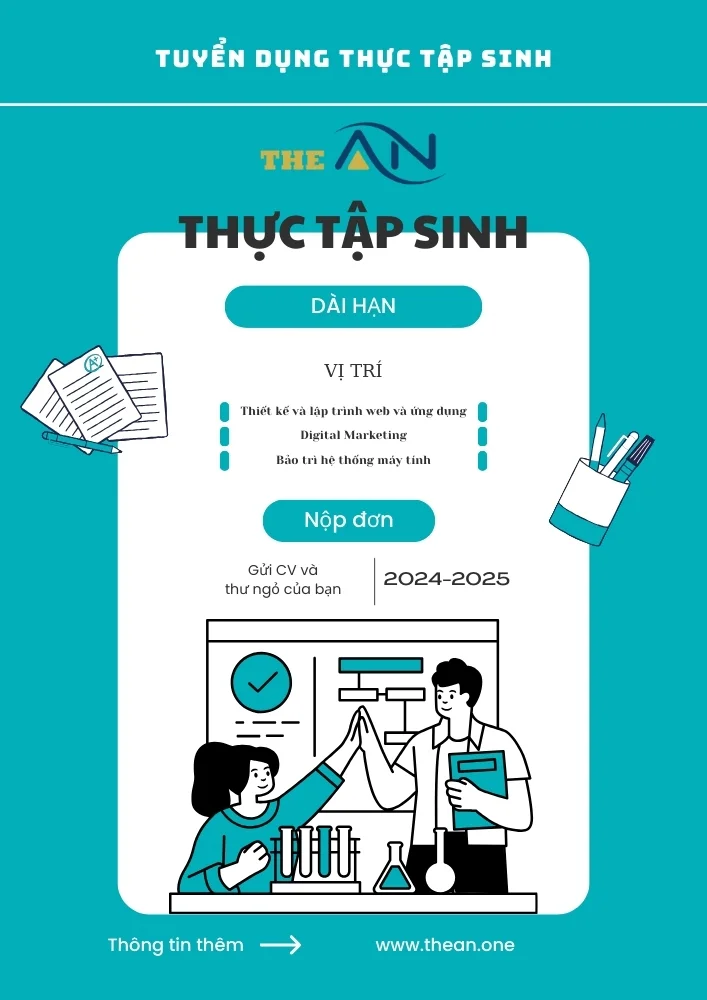Helping Verb: Definition, Types and Examples

In English grammar, a Helping verb is a verb that comes before a main verb or lexical verb in a sentence. An auxiliary/helping verb and a main verb together form a verb phrase. Helping verbs & auxiliary verbs are mostly equal. we often get confused about how to use main verbs and helping verbs in sentences. In this article, we will try to understand how a helping verb can be used.
What Is a Helping Verb?
Auxiliary verbs/Helping verbs are those verbs that help the main verb in a sentence by expanding its meaning. Auxiliary verbs are known as Helping verbs. They add more detail to the main verb as required to complete the structure of a sentence. They explain how time is expressed in a sentence. Consequently, auxiliary verbs are used to form complex progressive and perfect verb tenses. In a sentence, the verb is used with the main verb or main verb, which gives the sense of the action performed by the subject, which is called an auxiliary verb. As the name identifies, an auxiliary verb is a verb that helps another verb and is employed in a sentence to modify the tense, voice, or mood of the sentence.
Definition of a Helping Verb
Those verbs which are used with other verbs to express question, negative and tense are used to express possibility and willingness, they are called auxiliary verbs. These are also called helping verbs.
In other words say, The verb which helps the main verb in forming tense, voice, mood, etc. is called a helping verb.
Example:
The words in bold in these sentences are helping verbs…
- I am playing.
- He will come.
- My brother has gone.
- You should do this.
The following are the main helping verbs – am, is, are, was, did, were, do, does, have, has, had, shall, will, can, could, may, might, must, ought, should, would, need, dare, used to. These Auxiliary Verbs are used like Main verbs and sometimes like Helping verbs.
Types of Helping Verbs
Auxiliary verbs/Helping verbs are 03 types in English’s grammar.
- Primary Auxiliary
- Modal Auxiliary
- Marginal Auxiliary
Type 1: Auxiliary Verbs
The places where auxiliary verbs are used to convey meaning are called auxiliary verbs. Its uses are so common that the main and auxiliary verbs are often used or can be interchangeable. It’s also known as primary auxiliary.
Verbs that are used as Main Verb are defined as Primary Auxiliary Verb. In other words, the Verb to be, Verb to have, and Verb to do are called Primary Auxiliary Verbs. They are mainly used as the main verbs in the sentence.
They are called primary auxiliaries because they help in making many grammatical constructions. As (I) question, (II) tense, (III) passive voice, and (IV) their forms also keep changing according to the number and person of the subject.
Auxiliary Verb Forms
The 03 common auxiliary verbs are “to be,” “to have” and “to do.” Each of these types has multiple forms:
- to be – am, is, are, was, were, be, been
- to have – have, has, had
- to do – do, does, did
Auxiliary Verb Example Sentences
Example of Verb to be:
- He wants him to be just a friend.
- I am a sports person.
- Is your friend a dancer?
- The doctor and the police are coming here.
- He was innocent.
- They were absent yesterday.
- Gopal had been eating for a hours.
- I’m happy to be a part of this project.
Example of Verb to have:
- You don’t have lots of currency.
- He has a gift.
- You had eaten food.
- I am having a lot of fun watching movies.
Example of Verb to do:
- Do you know about Ram?
- Does she love teddy?
- Raghu Nandan didn’t hear my words.
Type 2: Modal Verbs
Modal Verbs are auxiliary verbs that are used to express ability, possibility, purpose, politeness, request, etc. Can, could, may, might, shall, should, will, would, must, and ought, are called the Model Auxiliary. Model Auxiliary has 03 features:
- Modal auxiliaries are never used alone, it is very important to have a principal verb with them. The principal verb can either be explicit or it can be implied. As; (I) I can go. (II) Will you go? Yes, I will.
- The present tense of the modal auxiliary remains the same in any person. As; (I) I may pass. (II) You may pass. (III) He may pass.
- Modal auxiliary does not have infinitive or participle forms. As; to will; to must; maying.
List of Modal Verbs
There is a common number of modal verbs in English grammar.
- could
- may
- might
- will
- would
- shall
- should
- must
- ought to
Modal Verb Example Sentences
There is a common number of modal verbs in English grammar.
- Ram can solve the problem in no time.
- My brother could drive a car at the age of eighteen.
- May I use your laptop?
- You might take a little water.
- students shall pay their fees by the 10th of every month.
- People should obey the traffic laws of the country.
- We will try to help you in this UPSC examination.
- Every morning he would go for a long walk.
- He must go home.
- We ought to help the poor.
How to Use Helping Verbs with Examples?
To use helping verbs effectively, we should know how it is conjugated to represent a different tense. the examples are given below to understand.
- I am going to speak at the inaugural ceremony after 02 days.
- We are having chicken for dinner tonight.
- What are you doing?
- The children have been waiting to have balloons and ice cream.
- The Gayatri Apartment was built by J & K Builders.
- You cannot change your car.
- Do you need any help from me?
- I did have a friend.
- Were you feeling nervous when you were giving the interview?
- Ramesh will take care of the hostel students.
Examples:
- Himani is making chicken.
- she has spoken to the college principal about it already.
- Tejveer has been drinking for an hour.
- Ramesh was working at the Restaurant.
- Roslin had not worked at the museum for five years.
- My friend’s circle had been wanting to come village for a while now.
- Mohit will be playing the piano at the party tomorrow.
- The plumber will have fixed all the pipelines in a week.
- The social workers will have been serving dinner for fifty people at this time tomorrow.
List of Helping Verbs of All Tenses
There is a list of helping verbs and how they represent the different tenses:
| Serial Number | Tense | Name of Helping Verb |
|---|---|---|
| 1 | Present Continuous | Is |
| 2 | Present Perfect | Has |
| 3 | Present Perfect Continuous | Has been |
| 4 | Past Continuous | Was |
| 5 | Past Perfect | Has not |
| 6 | Past Perfect Continuous | Had been |
| 7 | Future Continuous | Will be |
| 8 | Future Perfect | Will have |
| 9 | Future Perfect Continuous | Will have been |
Helping Verbs Exercises
Fill in the blanks with the helping verb in the following sentences:
- We _____ been waiting for our examination results for 10 days.
- I ______ meet Gopal soon.
- We ______ going to be fit.
- I just ________ stand your group of friends.
- She _______ working as a nurse for two years now.
- They ______ be reaching Mumbai by 9 a.m.
- _____ you still staying near Ring road park?
- The flight ___________ arrived tomorrow at the airport by 4 p.m.
- You ________ looking very smart.
- The Prime Minister ______ giving the presidential address for the Independence day ceremony
Answer:
- Have
- Will
- Are
- Has not
- Has been
- Will
- Are
- Will have
- Are/Were
- Will
Frequently Asked Questions on Helping Verbs in English
Q1. What are helping verbs?
Answer
In a sentence, the verb is used with the main verb or main verb, which gives the sense of the action performed by the subject, which is called an auxiliary verb. As the name identifies, an auxiliary verb is a verb that helps another verb and is employed in a sentence to modify the tense, voice, or mood of the sentence.
Q2. What is the definition of a helping verb?
Answer
Those verbs which are used with other verbs to express question, negative and tense are used to express possibility and willingness, they are called auxiliary verbs. These are also called helping verbs.
Q3. Give some examples of helping verbs.
Answer
am, is, are, was, did, were, do, does, have, has, had, shall, will, can, could, may, might, must, ought, should, would, need, dare, used to, are some examples of helping verbs.
Q4. Why Helping Verbs Are Important?
Answer
They explain how time is expressed in a sentence. Consequently, auxiliary verbs are used to form complex progressive and perfect verb tenses. And they help the main verb in a sentence by expanding its meaning.
Quý anh/chị đang tìm kiếm một doanh nghiệp uy tín cung cấp dịch vụ Công Nghệ Thông Tin như Thiết kế và lập trình website, Digital Marketing, hoặc dịch vụ Bảo trì và chăm sóc hệ thống máy tính, ...? Đừng ngần ngại hãy liên hệ với The ÂN qua số điện thoại (+84).326.418.478 để được tư vấn cụ thể, hoặc liên hệ qua mẫu tin.
Các thông tin nổi bật khác:









